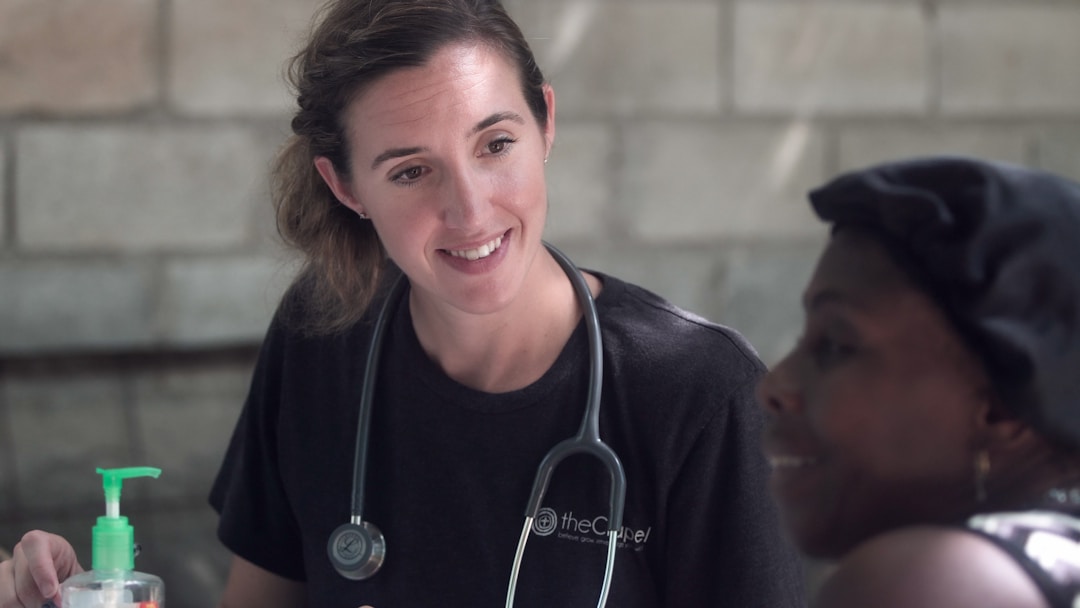While some people develop speech disorders in childhood, it happens to others in adulthood due to a brain injury or illness, like stroke. More so, it can be challenging watching a loved one go through the struggle of expressing themselves. Perhaps, people have recommended speech therapy for you or a loved one, but you’re unsure of how a speech-language pathologist can help.
It’s perfectly normal to have questions and concerns, which is why we have come up with this article to put rest to your concerns and questions about the process.
What is speech therapy?

Speech therapy is a treatment that assesses speech disorders and communication problems, then uses different techniques (such as language intervention and articulation activities), to help improve the patient’s communication skills. The specialist who carries out this type of treatment is called a speech-language pathologist (SLA) or speech therapist.
These speech pathologists start by identifying what type of speech challenge the patient has and its cause and then deciding the best technique or intervention activities to help improve the patient’s speech. The therapy requires patience, commitment, and daily practices for it to be successful. This is why it’s advisable that you search for speech therapy apps or speech therapy software from your mobile app store and install it on your mobile phone. This telehealth software will make daily speech therapy practice easy and accessible.
While the therapy is an effective speech treatment, the costs can be a cause for concern. So, make sure you confirm with your healthcare provider about your insurance coverage before you begin.
Who needs speech therapy?
Many people assume that this form of therapy is only for children. On the contrary, adults who have speech impairments may also need therapy. In addition, this form of therapy isn’t only for persons that have pronunciation issues. It can also help people with spoken and written communication challenges.
The bottom line is, speech therapy is for people with speech disorders, and there are different types of speech problems. The common ones are stuttering, dysarthria, aphasia, cognitive communication, articulation, and fluency disorders.
Also, in a situation where a person has a stroke or brain damage, speech therapy may be recommended alongside prescription medication for a more efficient recovery. Admittedly, combining these two treatments can be expensive. However, you can visit cheapomeds.com, an online medication vendor and pharmacy partner, to save money on the medical bill.
At Cheapomeds, you can send copies of prescriptions or electronic medical records through the patient portal on their website or via email, phone, or fax, whichever is most convenient for you.
Things to expect in a speech therapy session.

First things first; no two speech therapy practices are exactly alike, and that’s because the treatment is designed to meet each patient’s unique needs. That said, here are some things to expect in a speech therapy session.
Conversation activities: Here, the SLP’s goal is to help the patient carry out conversations. As such, they may role-play conversations and aid the child in picking up on social cues.
Phonological awareness activities: This activity is used mostly with kids. It aims at improving a child’s early reading skills. Here, the SLP will focus on identifying and rhyming sounds in words. During play activities, they may imitate syllables and sounds for the child. Also, the SLP will demonstrate tongue movements to the child to help produce these sounds, and the child is expected to mimic it, sometimes using a mirror.
Oral-motor and swallowing therapy: If the patient has difficulties swallowing and chewing, the SLP will use various oral exercises that include the jaw, lip, and tongue to help strengthen the mouth muscles. Additionally, different food temperatures and textures may also be used to improve the patient’s oral awareness.



